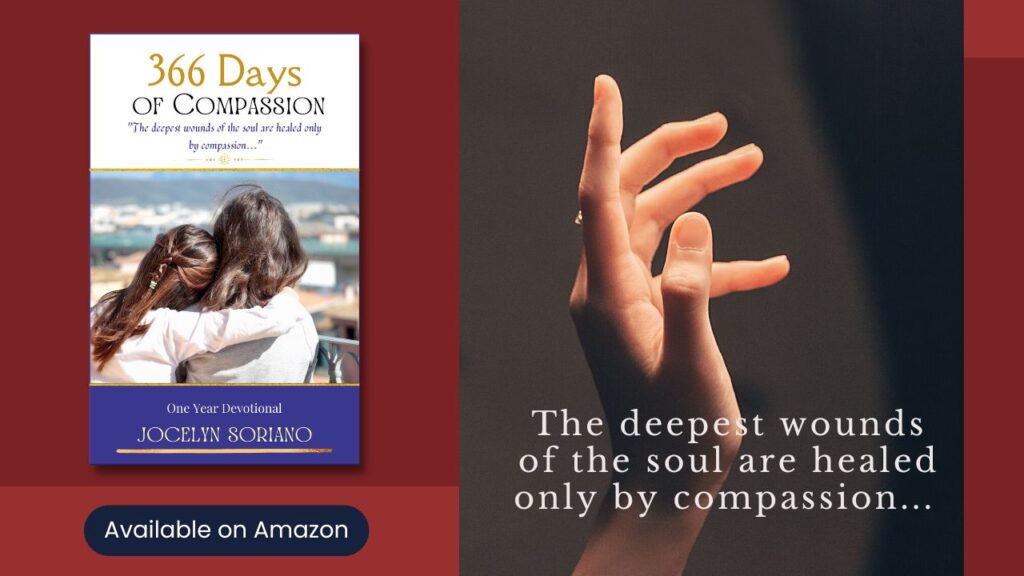 Have you ever been on the receiving end of a truthful revelation from a close friend and it just hurt so badly?
Have you ever been on the receiving end of a truthful revelation from a close friend and it just hurt so badly?
You knew deep inside that your friend was only pointing out a true defect or weakness he or she may have seen in you. You also know that your friend never meant you harm.
But why is it that it still hurt so much?
Aside from the issue of pride that is also often involved when it comes to criticism, there is another factor I have realized when it comes to hearing or speaking the truth.
Sometimes, the truth hurts because it isn’t the “complete” truth!
What does this mean? Does it mean that what you heard was also half a lie? Not at all! But it isn’t the fullness of truth either.
Let’s talk about an example.
One day, your friend may notice how you don’t seem to have a concrete goal in life and that is why your life is getting nowhere.
She said it out of real concern for you and there is some truth in it. But why does it hurt so much?
It’s because the indirect implications of the feedback seem to be saying that you’re somewhat too lazy to set those goals and that you don’t care about what happens in your life.
The truth, however, is that you have been trying to find your true purpose in life. You have reached that point when you wanted to live a meaningful life, a life that could be of service to other people. It just so happens that you are still in the process of determining how you can accomplish that.
You are not lazy. You are not selfish. In fact, you are trying your best to change.
And what your friend said hurt because it did not contain the complete truth of what you are going through.
I think we can learn from this when we try to counsel other people.
Although we may be speaking the truth in pointing out their shortcomings, we must not condemn the person as though we already knew everything about them.
We must always be willing to listen with our hearts so that we can see a better picture of our neighbor’s life.
Each person’s journey is unique. Each life is filled with many struggles and shades of both good and bad.
To lead another person, we must first empathize with their struggles. Do we even know how much they suffered in life? What problems did they encounter that influenced the choices they made through the years?
Let us not judge too quickly. And let us remember that the “fullness of truth” can only be found in love.
“Love builds a bridge over which truth can pass.” — Dan Burke
“Love and truth will meet;
justice and peace will kiss.
Truth will spring from the earth;
justice will look down from heaven.
Yes, the LORD will grant his bounty;
our land will yield its produce.
Justice will march before him,
and make a way for his footsteps.
-Psalm 85:11–14
Jocelyn Soriano is the author of the books Mend My Broken Heart and 366 Days of Compassion.
